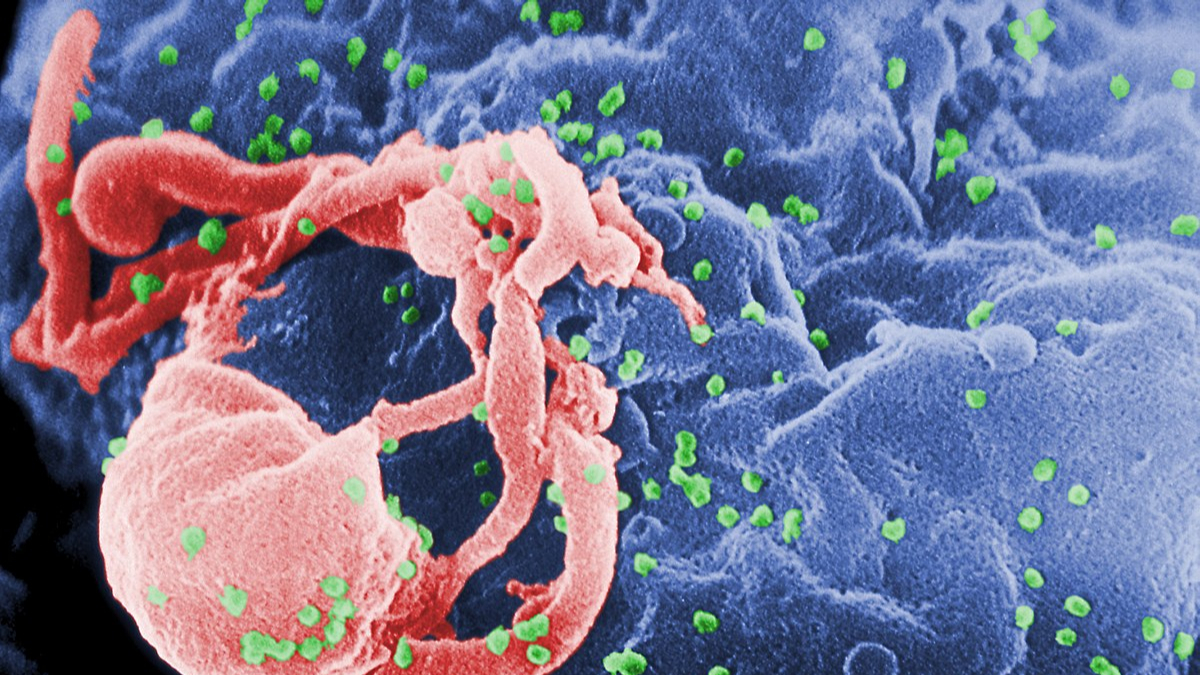A German man appears to have been cured of HIV following a pioneering stem cell transplant procedure nearly a decade ago, researchers revealed on Thursday. This makes him potentially the seventh person globally to achieve remission from the virus that affects tens of millions worldwide.
Referred to as the “next Berlin patient,” in reference to the first person cured of HIV, the German man ceased antiretroviral therapy for HIV in late 2018. This followed a stem cell transplant he received for leukemia in 2015. Researchers announced this breakthrough ahead of the International AIDS Conference in Munich, Germany, confirming that he remains in HIV remission.
According to a Forbes report, this case is notable as it is the first where HIV is cured in a patient whose stem cell donor had a single HIV-resistant mutation, rather than the typical two. Physician Christian Gaebler indicated this could have “promising implications” for future treatment strategies.
Although individuals with this mutation can still contract HIV, which removes a protein the virus uses to enter blood cells, the virus progresses more slowly if they do not receive antiretroviral treatment, Gaebler explained.
Sharon Lewis, president of the International AIDS Society, stated that this case suggests “we can broaden the donor pool” for similar treatments.
Timothy Ray Brown, known as the “Berlin patient,” was the first person believed to be cured of HIV in 2009. Since then, the “London patient,” the “City of Hope” patient, the “New York” patient, the “Geneva patient,” and the “Düsseldorf patient” have also been cured, all having undergone stem cell transplants to treat blood cancer, with the first five receiving a donor mutation resistant to HIV.
Approximately 39 million people globally were living with HIV at the end of 2022, according to the World Health Organization. In the same year, around 630,000 people died from HIV-related illnesses.
There is currently no definitive cure for HIV, a virus that attacks the body’s immune system. Researchers have been exploring the potential of stem cell transplants as a treatment, employing anti-HIV genes or mutations to combat the virus. Without treatment, HIV can progress to AIDS (acquired immunodeficiency syndrome). According to the Centers for Disease Control and Prevention, once infected with HIV, individuals carry the virus for life. Early symptoms often resemble the flu, appearing within two to four weeks after infection, though diagnosis requires testing.






